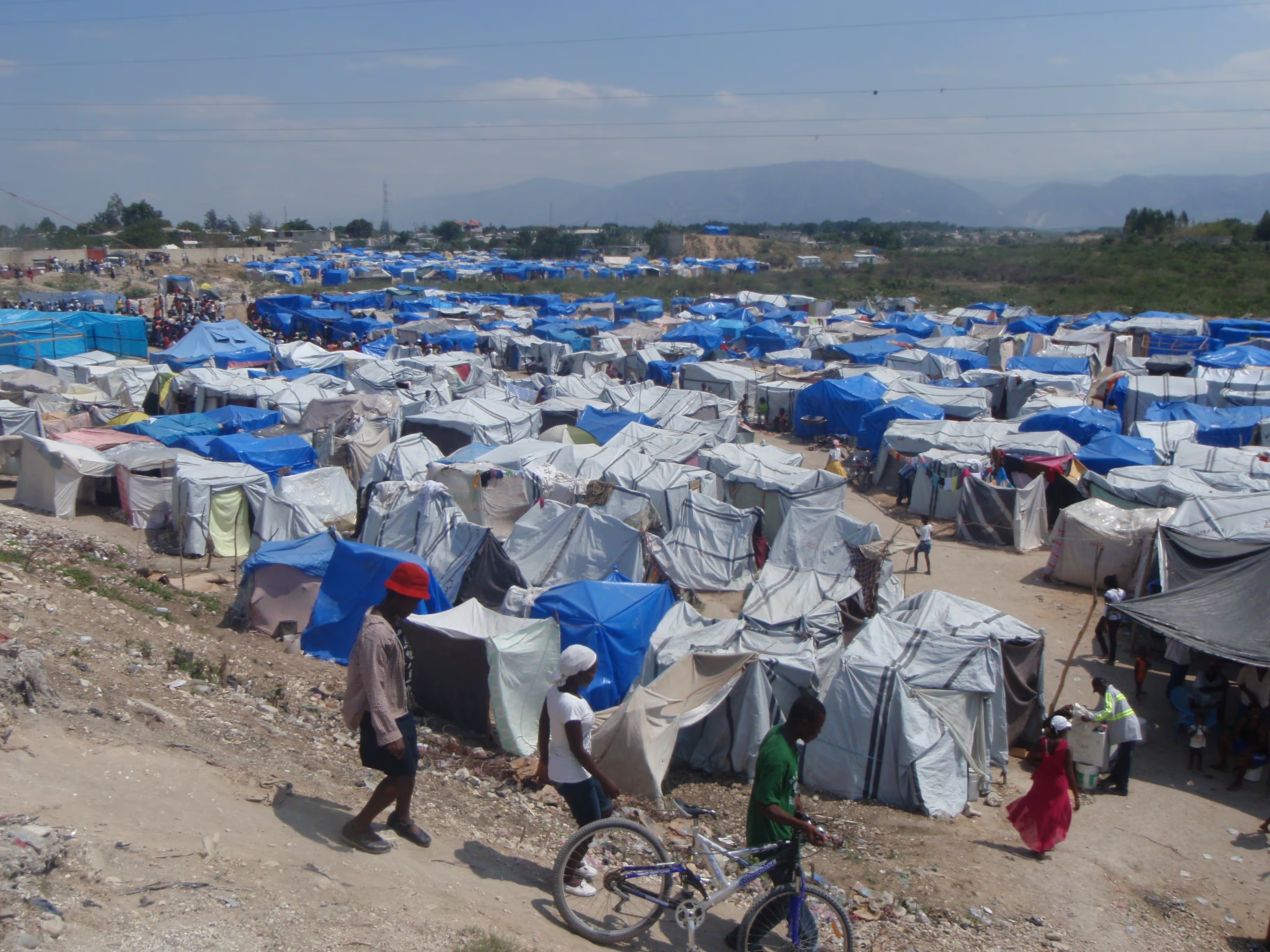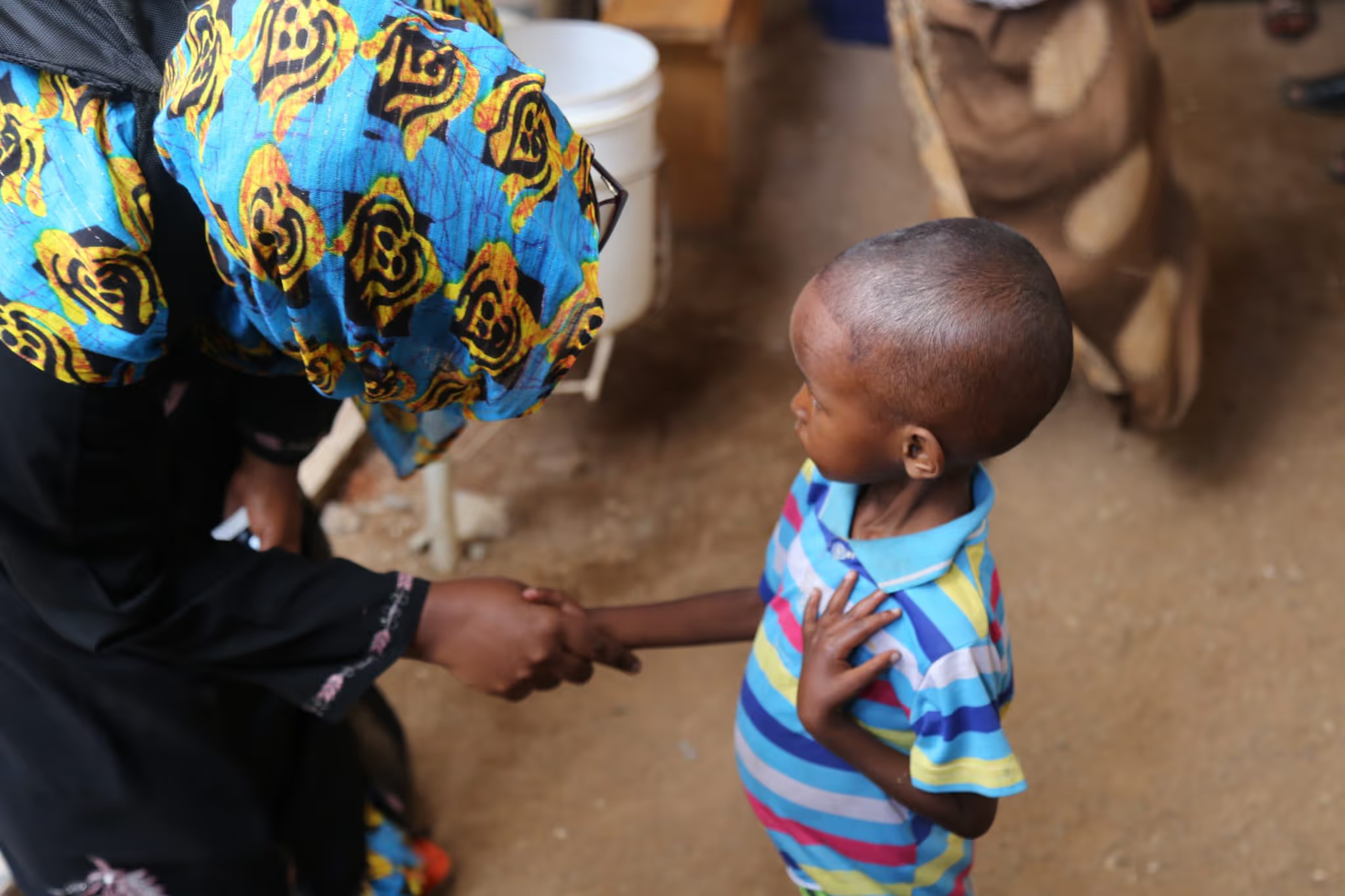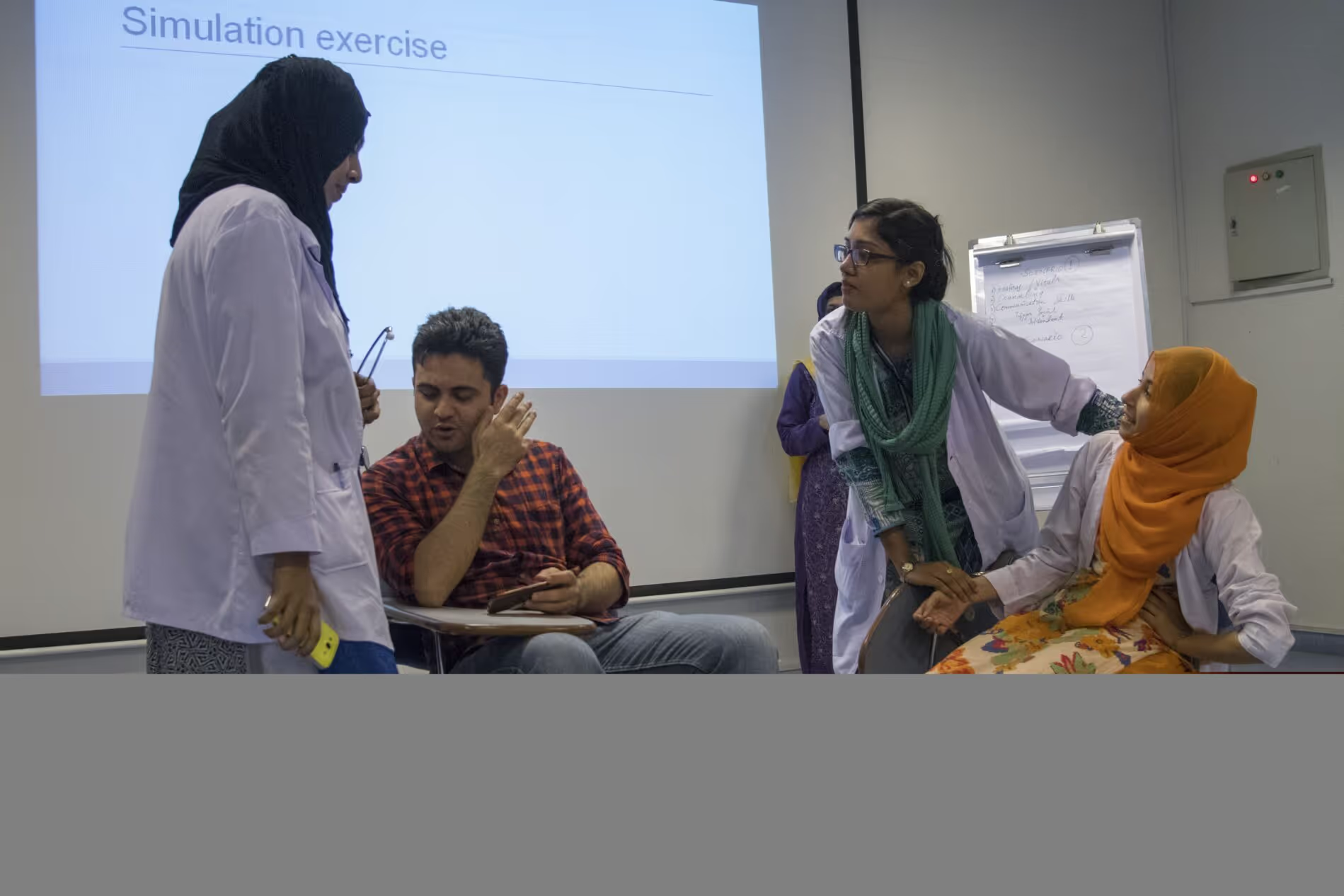Humanitarian Emergency Settings Perceived Needs Scale (HESPER Web)

Project overview
Countries
Fiji
Kenya
Organisations
Orebro University
Partners
World Health Organization (WHO), International Organization for Migration (IOM), UNHCR, Kings College London
Area of funding
Humanitarian Research
Grant amount
£45,888
Start date
01
June
2018
End date
01
May
2022
Project length (in months)
47
Funding calls
Topics
No items found.
Status
Closed
Project solution
This project offers [specific solution or intervention] to tackle [challenge]. By implementing [strategies, tools, or innovations], the project aims to achieve [desired outcomes]. The approach is designed to [specific actions or methods] to bring about meaningful change in [community, region, or issue area].
Expected outcomes
This project aims to achieve [specific outcomes], such as [measurable results, improvements, or changes]. The expected impact includes [benefits to the target community, advancements in research or innovation, or long-term effects]. By the end of the project, we anticipate [specific changes or milestones] that will contribute to [broader goals or objectives].
No items found.
Principal Investigator: Karin Hugelius, Orebro University Sweden
Research Snapshot: Can multi-sectoral needs assessments be done online?
Needs assessment is a critical phase of humanitarian response, typically done through face-to-face interviews. This project showed that using a self-administrative web version of the Humanitarian Emergency Settings Perceived Needs Scale (HESPER) to assess needs in humanitarian contexts gave the same results as interviews.
[.cta_link]View Snapshot[.cta_link]
Purpose
The Humanitarian Emergency Settings Perceived Needs Scale (HESPER) aims to provide a quick, scientifically robust assessment of perceived needs of people affected by humanitarian emergencies or disasters. The instrument assesses a large number of physical, psychological and social needs. Today, a large number of people in all parts of the world use the internet, also in crises and emergencies. Web based research methods in disaster research has shown to reduce several methodological and practical concerns.
Therefore, this project aims to convert the interview based HESPER scale to a self-administrated version for web use, called HESPER Web, and to conduct pshychometric and field testing of HESPER Web. The HEPSER Web can be used both for humanitarian and research purposes and will be freely available by WHO after finishing this research project.
Expected Outcomes
The principle output from the project will be HESPER Web; a tested self- administrated version of HESPER for web use.
The HESPER Web will enable a quicker way to collect data on experienced needs among a large number of people in any phase of a humanitarian or disaster situation. The instrument can be used both for humanitarian and research purposes and will be freely available by WHO.
It will also reduce several practical, security and ethical challenges related to disaster research and render important knowledge on experienced needs among exposed populations, such as asylum seekers in Sweden, people living in IDP camps or woman living in a rural area in Zambia.
No items found.
Project delivery & updates
Stay up to date with the latest developments from this project. Here, you will find details on what has been delivered, resources created, and regular updates as the project progresses. Access key documents, reports, and other materials to see how the project is making an impact.
No resources/updates have been published yet for this project. Sign up for our newsletter to stay informed about upcoming publications and updates!
Join our Newsletter
Resources
No items found.
Latest updates
No items found.








